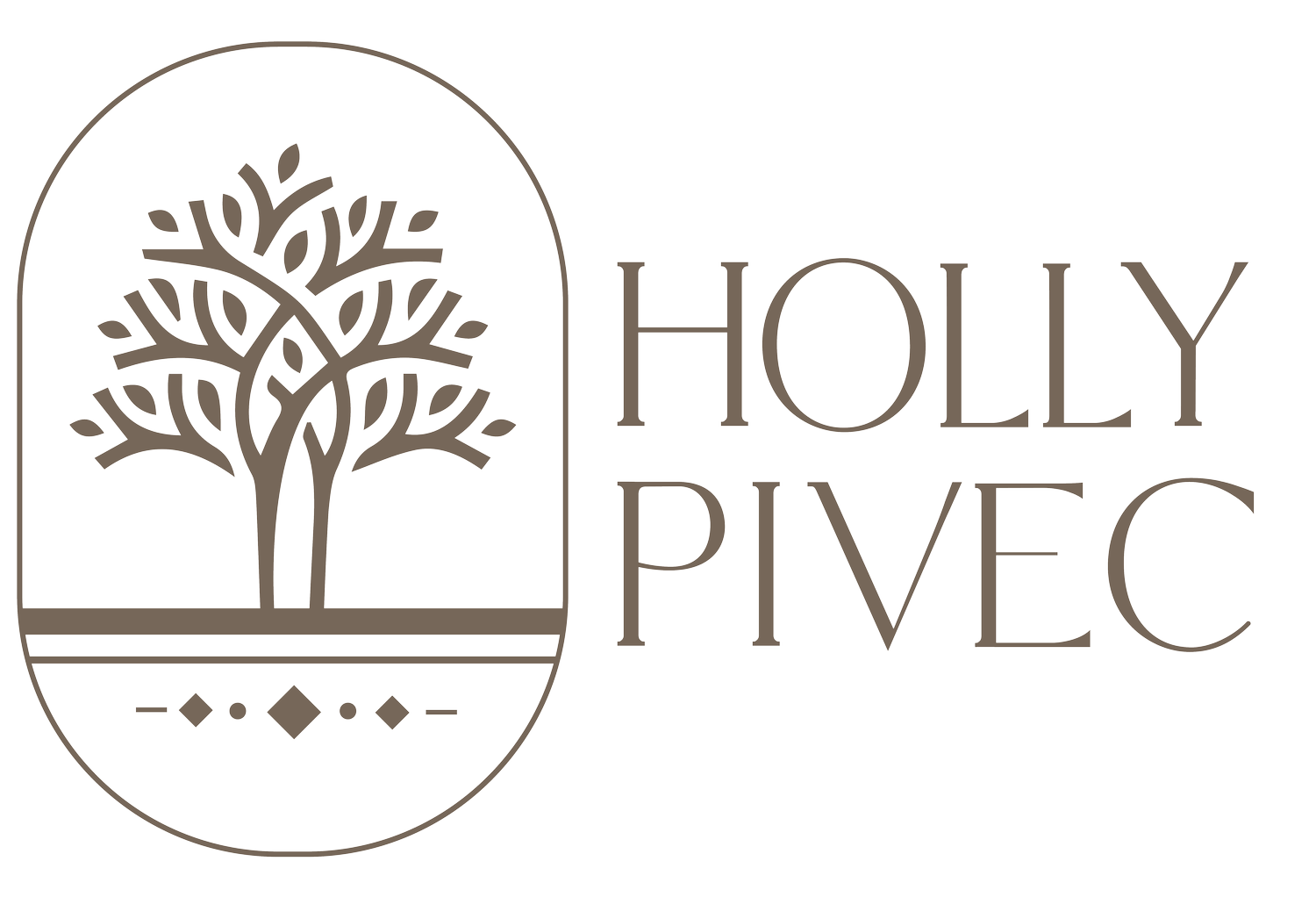Holy Cows!
 "God owns the cattle on a thousand hills."The above statement -- quoted from Psalm 50:10 -- has become a favorite in apostolic-prophetic churches where "prosperity theology" is a key teaching.If God owns the cattle on a thousand hills and everything else besides, then He will certainly give His people anything they desire -- money, mansions, muscle cars.Or so the teaching goes. Click here to see how "prophet" Kim Clement used this verse to teach that God will give Americans land, property and miracles.But is this actually what Psalm 50:10 teaches? Does it promote the idea that God wants His people to amass land, houses and money? I will show that it doesn't.A Closer LookLet's look at Psalm 50:10. God is the person speaking:
"God owns the cattle on a thousand hills."The above statement -- quoted from Psalm 50:10 -- has become a favorite in apostolic-prophetic churches where "prosperity theology" is a key teaching.If God owns the cattle on a thousand hills and everything else besides, then He will certainly give His people anything they desire -- money, mansions, muscle cars.Or so the teaching goes. Click here to see how "prophet" Kim Clement used this verse to teach that God will give Americans land, property and miracles.But is this actually what Psalm 50:10 teaches? Does it promote the idea that God wants His people to amass land, houses and money? I will show that it doesn't.A Closer LookLet's look at Psalm 50:10. God is the person speaking:
for every animal of the forest is mine,and the cattle on a thousand hills. (Psalm 50:10, New International Version)
It's clear: God owns all the forest animals and cattle. The next two verse are also clear: He owns all the birds and field creatures and, in fact, He owns everything: "for the world is mine, and all that is in it" (verses 10-12).So the statement -- "God owns the cattle on a thousands hills" -- is just a poetic way of saying that God owns everything. That's certainly a biblical teaching. So far so good.But what about the implication that, because God owns all things, He will give His people all things?That's not what this psalm teaches. In fact, it's not even an announcement of blessing on God's people. It's an announcement of blame.Look at the rest of the verses in the psalm. God states His anger at the Israelites for just "going through the motions" in their worship of Him. They bring him animal sacrifices, but don't honor Him with thankful hearts and obedience to His law.More specifically, God accuses them of quoting His Words and then turning around and promoting theft, adultery, lying and slander (verses 16-21). Psalm 50 is His response to their insincerity. He basically says:
I don't need your sacrifices! I own all the animals that exist, so you're not doing me any favors when you present your piddly offerings of cattle and birds to me. What I want from you is heartfelt gratitude and obedience.
So Psalm 50:10 does not teach a self-serving, get-rich theology. It's a rebuke of hypocrisy.
True Promises
It's true that God promises to provide for the needs of His children, such as food and clothing. Other places in the Bible teach this comforting truth, such as Matthew 6:33:
But seek first his kingdom and his righteousness, and all these things will be given to you as well.
We know that, one day in the future, we will enjoy all spiritual -- and material -- riches in our eternal home. But keep in mind that none other than Jesus, himself, eeked out a meager living. He and his disciples relied on the generous financial support of His followers (Luke 8:3).
Jesus didn't even own a house (Luke 9:58). We shouldn't expect more for ourselves.
Empty Stalls
In fact, true faith in God shows itself by continuing to trust His goodness -- even when our external circumstances are bleak. This is the main lesson in the book of Habakkuk -- which also has something to say about cattle.
Though the fig tree does not budand there are no grapes on the vines,though the olive crop failsand the fields produce no food,though there are no sheep in the penand no cattle in the stalls,yet I will rejoice in the LORD,I will be joyful in God my Savior. (Habakkuk 3:17-18, emphasis mine)
Yes, God does own the cattle on a thousands hills. But that doesn't guarantee that you'll find any cows in your stalls. Will you still trust Him?
